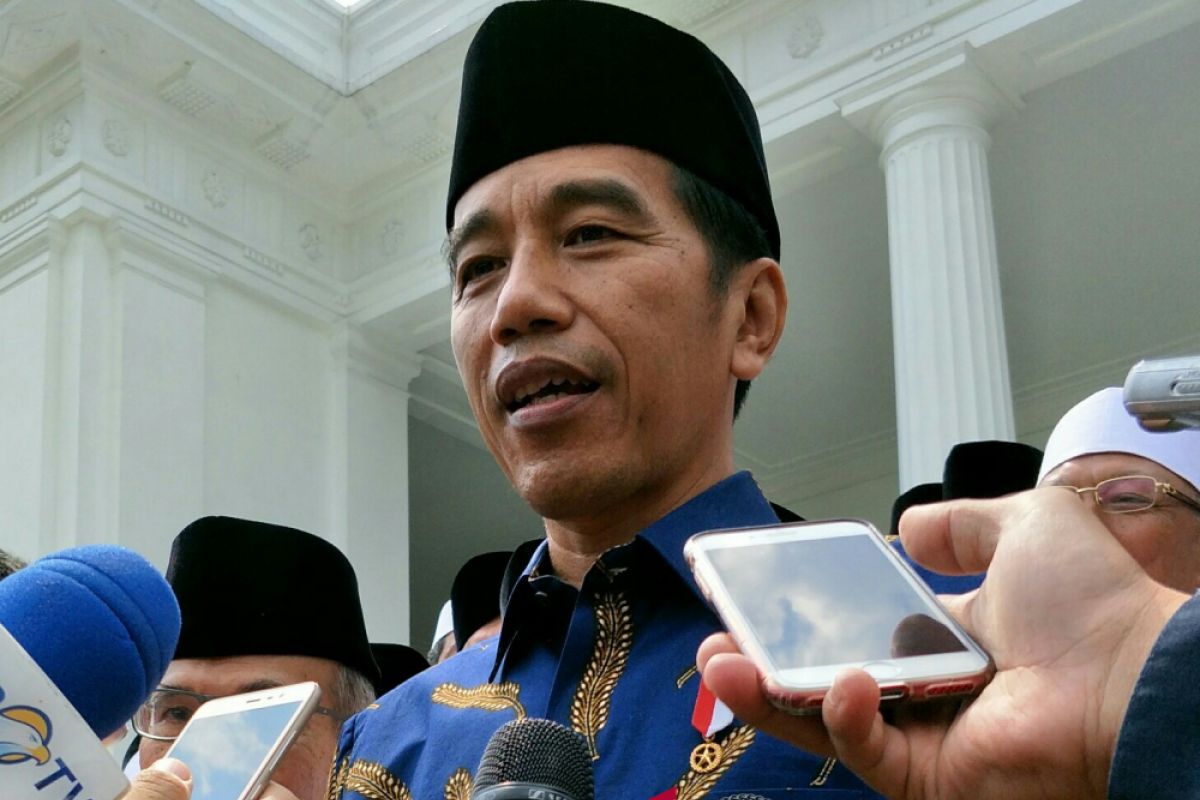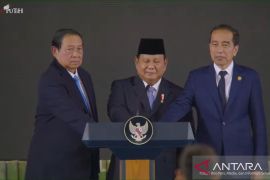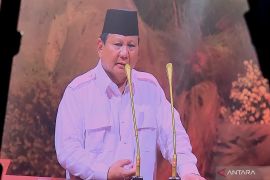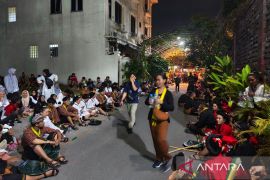"Yes, it is indeed regrettable. It was done without notification," he stated here on Wednesday.
Tursilawati was executed by the Saudi government on October 29, 2018, in Thaif in connection with the case of murder of her employer`s father in 2011. The execution was carried out without prior notice to her family or the Indonesian government. Prior notice was deemed necessary for her family to be mental prepared.
"I heard that our migrant worker Bu (Mrs) Tuti was executed on Oct 29 in connection with the case of the murder of the father of her employer in May 2010 and like before, our consulate general was not given prior notice regarding the planned execution of Ibu Tuti," the president remarked.
Based on the Migrant Care data, at least five Indonesian migrant workers -- Zaini Misrin, Yanti Irianti, Ruyati, Siti Zaenab, and Karni -- had been executed without prior official notice to the Indonesian government in Saudi Arabia.
"We have called the Saudi foreign minister to lodge a protest against the execution. During his visit here a week ago, we had also raised the case as well as the issue of workers` protection," he noted.
President Jokowi noted that Indonesian Foreign Minister Retno Marsudi had met with her Saudi counterpart and had called Saudi Ambassador to Indonesia Osama Mohammed Al-Shuaibi to lodge a protest.
"I have also ordered the foreign ministry to facilitate her family to visit Ibu Tuti Tursilawati thrice before," he revealed.
President Jokowi said he had personally brought up the execution issue during his meetings with King Salman, Prince Muhammad bin Salman al-Saud, and Saudi Foreign Minister Adel al-Jubeir several times.
"I have done it several times. Do not think we have done nothing politically. The foreign minister has also done the same. The embassy has also done it," he emphasized.
Tursilawati was sentenced to death in 2011 on charges of deliberately killing the father of her employer Suud Mulhak Al Utaibi in 2010.
Tursilawati`s mother had recalled telling her during a meeting in April 2018 that she had killed the father of her employer after he attempted to sexually abuse her.
Although the case had been ruled in 2011, the Indonesian government continued to make efforts to reduce the sentence by providing lawyers thrice and seeking appeal three times.
The Indonesian government has also sought a judicial review twice, while the president had also sent letters to the Saudi king twice over the case.
All efforts to reduce the sentence, however, had proven futile, as the final conclusion reached was that it was only pardonable by God and no one, even the family of the victim or the king.
According to Migrant Care data 20, Indonesian migrant workers in Saudi Arabia are currently facing death penalty and two of the rulings had a permanent legal standing.
Reporting by Desca Lidya Natalia
Editing by Yoseph Hariyadi
Reporter: ANTARA
Editor: Bustanuddin
Copyright © ANTARA 2018











